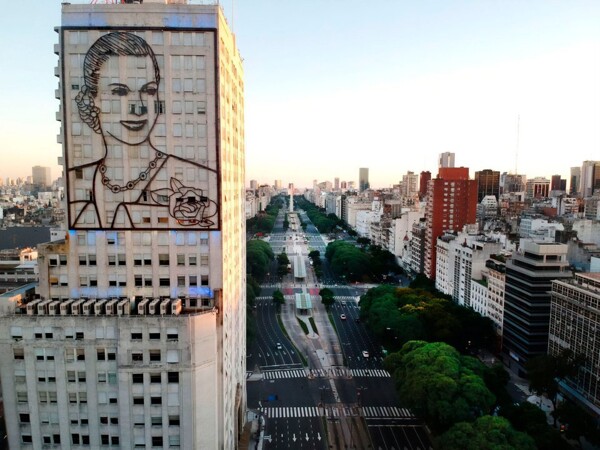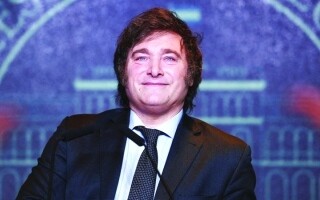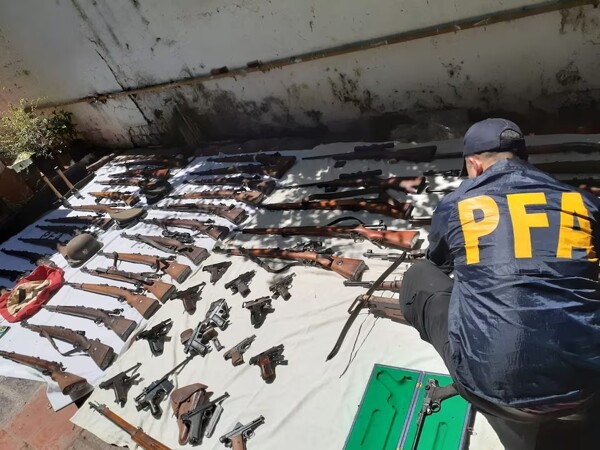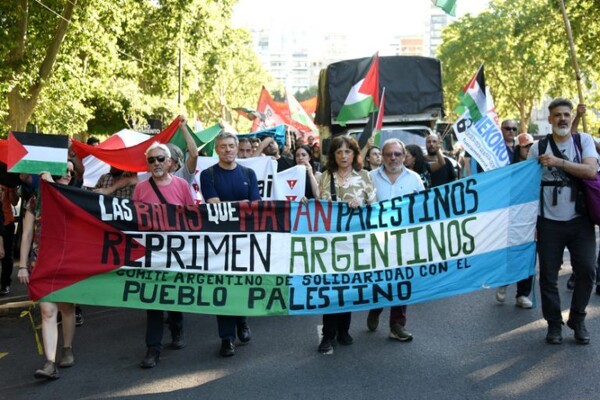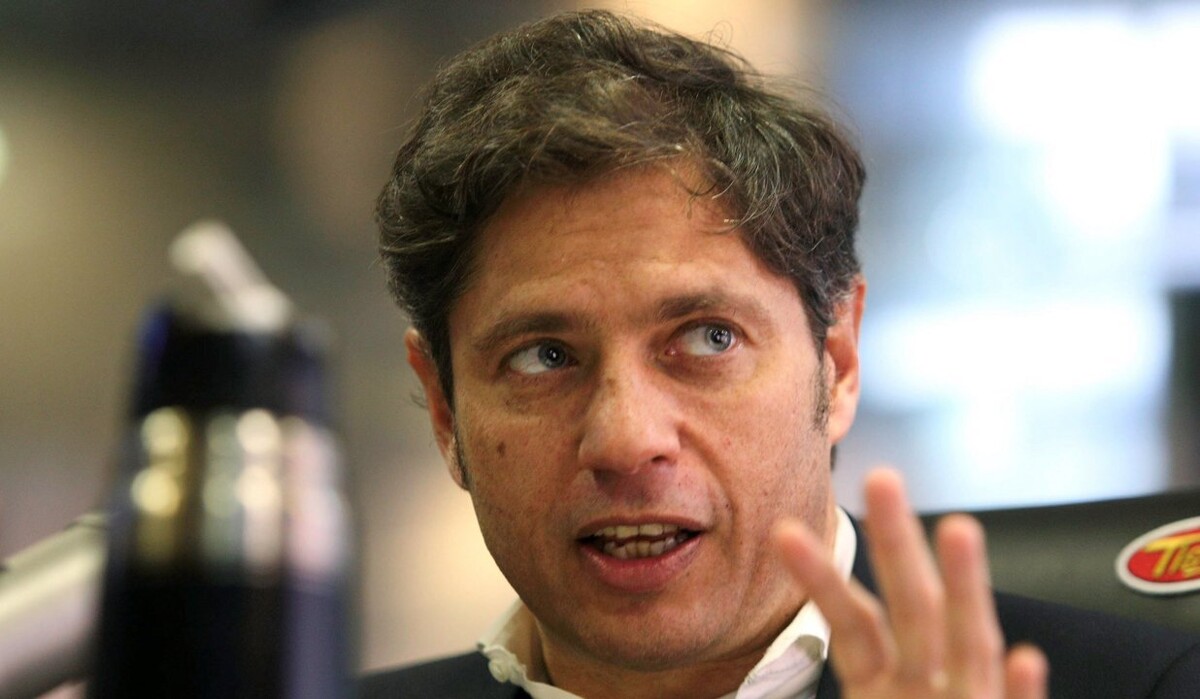
The governor of the province of Buenos Aires, Axel Kicillof, is amid tensions with Kirchnerism and faces two crucial decisions for his political future. Before the end of November, Kicillof must determine whether to split local elections from national ones in the province. This possibility of separating the election of Buenos Aires legislators and councilors from that of national deputies is under discussion within his circle, as a strategy to avoid the single ballot and distance himself from the influence of Cristina Kirchner, current leader of the Justicialist Party.
Time is of the essence, as to meet legal deadlines and organize a separate provincial election, Kicillof must make a decision before December. During this week, he met with 40 mayors to discuss this possibility, aware of the logistical challenges it would pose in the Buenos Aires suburbs. Although the final decision rests with the governor, supporters of splitting fear the consequences of challenging Cristina Kirchner, who could run as a national deputy candidate.
La Cámpora opposes the idea of splitting, warning about significant economic costs. The possibility of a return to testimonial candidacies, this time with the mayors themselves as protagonists, presents itself as an alternative in this scenario. Despite the tensions with Kirchnerism, Kicillof's close circle does not rule out the possibility of forming their own front.
The decision to split the elections and the possibility of either competing alongside Kirchnerism or creating their own electoral front will be closely linked, thereby defining the political course of the governor in the coming months.











